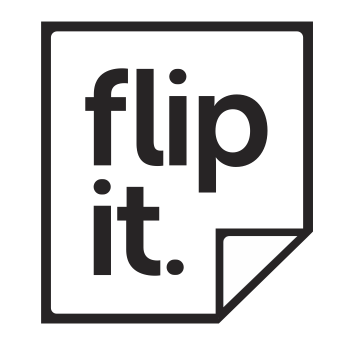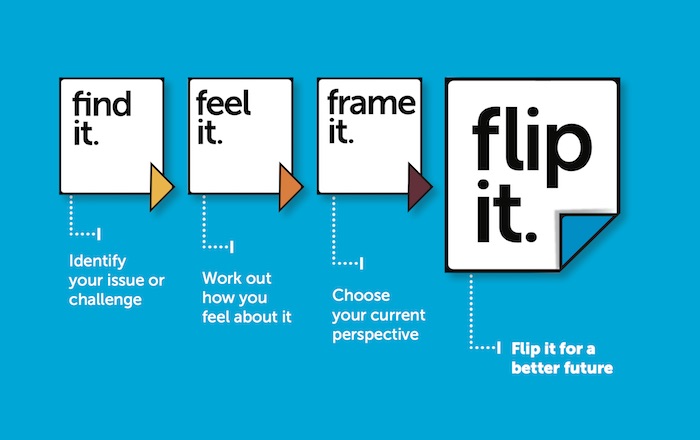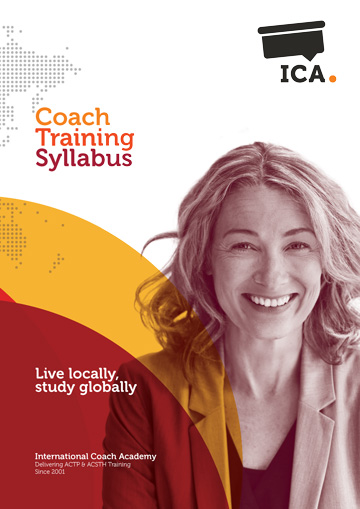Putting Theory Into Practice
I remember when I was able to make the comparison between my first coaching session (in which I had to stop because I was so stuck) to my sessions now, when I can be in a state of flow and the questions come effortlessly.
- Paul Chang (ICA Graduate, Canada)
Doing is critical to the learning process
Coaching is more than a set of tools and techniques, it is a highly refined combination of advanced knowledge, technical skill, intuition, and “knowing”. A good coach is able to draw on their own experience and must be able to ‘walk the talk’. For this reason we structure our program so that students first apply a new skill or technical to themselves, then practice on peer coaching clients and finally apply to real coaching situations. By experiencing the coaching techniques first hand students have a deeper understanding of how to apply them to their clients.
Your practicum labs will equip you to
- Practice coaching aligned to the Coaching Competencies as given by the International Coaching Federation (ICF)
- Understand and articulate the coaching skills and techniques used in your coaching sessions
- Analyze and identify your learning from the coaching session
- Identify and outline your coaching process
- Recognize your strengths and nurture them, recognize your weaknesses and overcome them
- Demonstrate how you evaluate your coaching session
- Prepare for Observed Coaching and your performance evaluation
At ICA You Graduate With Coaching Confidence
Practice builds confidence and will give you the opportunity to apply the techniques and skills learned in class to real life situations. You will start by being coached by peers then coaching your peers in return. There is also the opportunity to coach in class and receive constructive feedback from trainers in Coaching Labs, Mentor Coaching, Observed Coaching, and Coach Supervision classes as well as Peer Coaching. All ICA programs offer opportunities coach development via practice.
I am very grateful for the entire ICA experience which challenged and supported my personal discovery journey in so many unexpected ways. The peer coaching process, in particular, resulted in an increased level of confidence and trust in myself as a coach and the power of the coaching process.
Cathy Holuk
Family Enterprise and Leadership Coaching, CANADA
Peer Coaching
Peer Coaching is one of the most beneficial parts of your coach training course. You will connect with coaches from all over the world and in many different industries and professions. Students set up real coaching appointments and get to experience the coach/client relationship in a learning environment.
The Peer Coaching Program is self regulated, which means it is up to you to get yourself a coach and to offer yourself as a coach. You can do this in the Peer Coaching Forum. You can do as many peer coaching hours as you like but each coach training course has a minimum number of hours required.
Learning as a Client
Being a client is an underrated way of learning about coaching. Through your peer coach you will get a feel for what works and what doesn't, and truly experience what it is like to be on the other end of the coach.
Learning as a Coach
As a coach you will practice the many new skills you will be learning in this course, and you will do so in a safe and supportive coaching relationship. Your coach is a student just like you so feel free to experiment and make mistakes.
You can do as many peer coaching hours as you like but each coach training course has a minimum number of hours required. Take advantage of the peer coaching opportunity to put coaching techniques into practice.
Download Program Syllabus
OUR E-LEARNING IS MORE THAN JUST ZOOM CLASSES
ICA's training has been online, and accredited by the ICF, since 2001. Our Learnsite has over 20 years of modules, curated resources and coaching conversations. Before attending classes you will read a module or watch an instructional video. Following classes you will reflect on your learning through coaching practicum, course outcomes, forum reflections and portfolio development.



